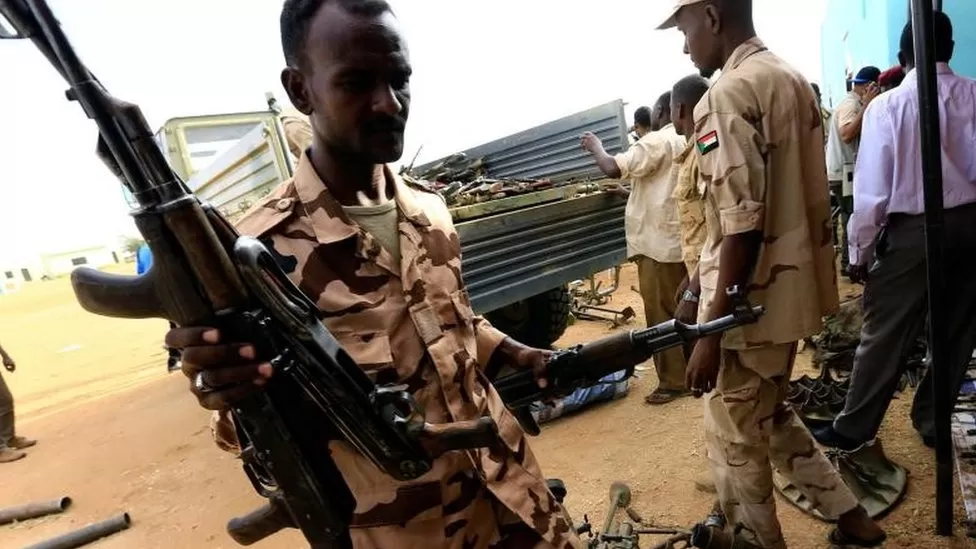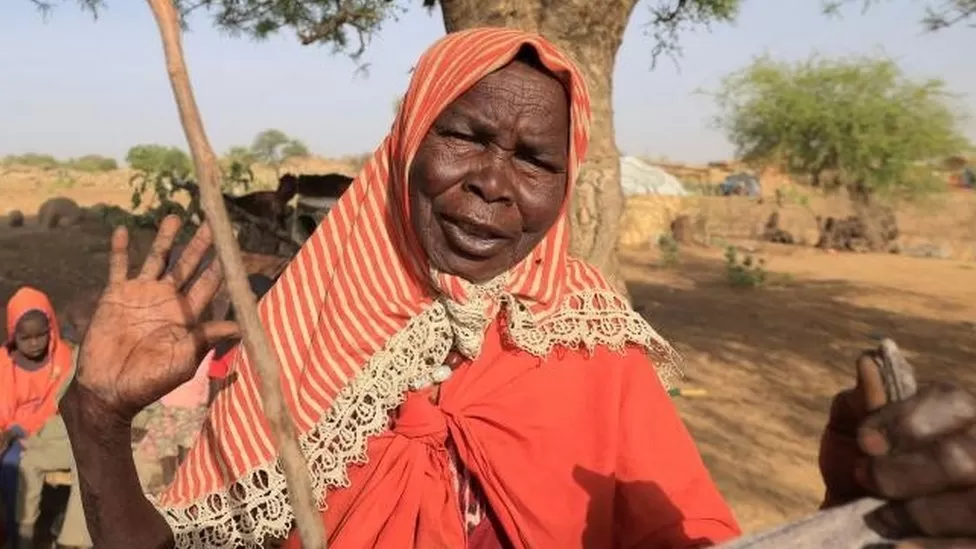Sudan crisis: From Ruto to Sisi, leaders vie to drive peace process

In an effort to end the escalating conflict in Sudan, four East African states, led by Kenya, are calling for the deployment of a regional force to protect civilians and ensure humanitarian aid reaches millions trapped in conflict zones.
Since the conflict broke out in mid-April, the warring factions have shown no interest in anything other than military victory.
The military is fighting to maintain its bases in Khartoum, the capital, under the leadership of Gen Abdel Fattah al-Burhan.
Rapid Support Forces (RSF) led by Gen Mohamed Hamdan Dagolo, known as “Hemedti”, have advanced in Khartoum, where its fighters have been accused of murders, rapes, and pillaging hospitals.
RSF positions are relentlessly bombed in the capital, reportedly causing widespread civilian casualties.
The western region of Darfur in Sudan is ravaged by horrific violence over the media horizon.
Almost all of the region has been taken over by the RSF. Many thousands of ethnic Masalit have been driven from their historic homeland in western Darfur by RSF fighters and their allied Arab militias.
It was the customary leader of the group, the sultan, whose palace they burned. In response to Khamis Abbakar’s call for genocide, men in RSF uniforms abducted and murdered him.
A total of 160,000 Masalit refugees have fled to Chad across the border.
Besides Zalingei, the RSF ransacked al-Fashir and Nyala, which are the two largest cities in the region.
The Darfuris fear this is the culmination of a long-planned Arabization of the ethnically mixed region.

In western Darfur, civilian protection is an urgent need. The United Nations-African Union Mission in Darfur had exactly this mandate. However, it was withdrawn two years ago for a very misguided reason.
The RSF forces are also besieging El-Obeid, the capital of North Kordofan.
As a result, the military will only survive in a few pockets west of the Nile if they capture it.
As the military struggles against the RSF in South Kordofan, a rebel group, the Sudan People’s Liberation Movement-North, has advanced towards the state capital, Kadugli.
The diplomatic scene suddenly becomes frenetic. Nevertheless, no agreement has been reached on who should take the lead.
During the second week of the conflict, the US and Saudi Arabia have convened ceasefire talks.
Hostilities have continued despite hopes of a cessation – most recently over the Eid al-Adha holiday – without a sign of slowing.
Saudi Arabia and the US say they will come up with a new proposal soon. They have also worked to bring on board the United Arab Emirates (UAE), which is significant because the UAE supports the RSF and continues to arm them, according to some reports. There have been no comments from the UAE on the reports.
Unimpressed with the lack of energy displayed by the African Union (AU) in responding to the crisis, East African leaders launched their own initiative under Igad.
Kenya, Ethiopia, South Sudan, and Djibouti formed a quartet to seek a ceasefire, humanitarian access, and political dialogue to restore Sudan’s transition to democracy.
